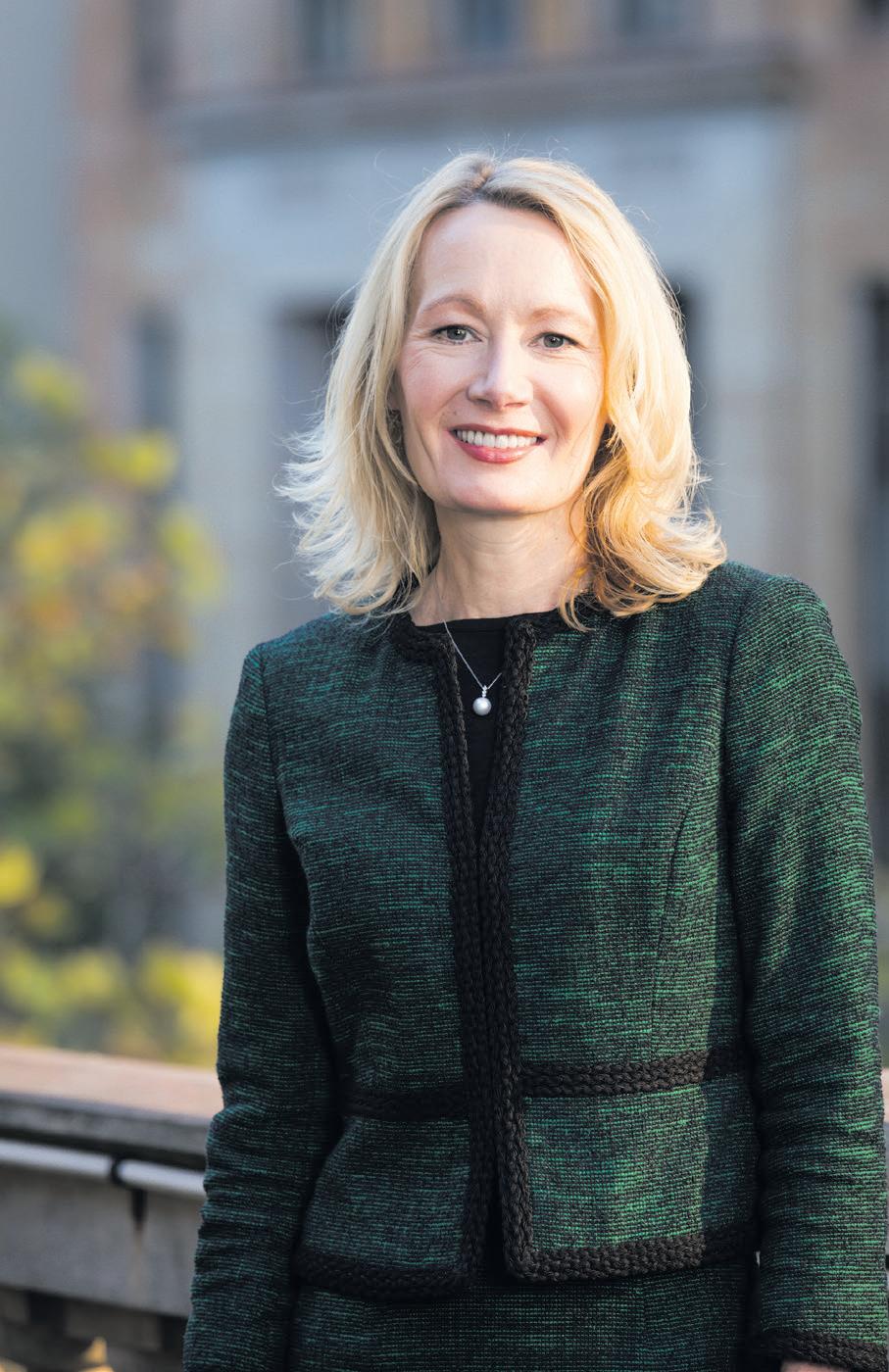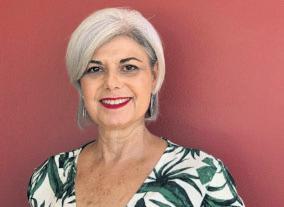
4 minute read
Health
A life-saving service which speeds up diagnosis and treatment for stroke patients in rural and regional areas deemed best-practice.
Telestroke consultations recommended in the Stroke Foundation’s Clinical Guidelines for Stroke Management, Health and Medical Research Council
Stroke Foundation Clinical Council Chair Professor Bruce Campbell said telestroke has been a game changer for patients and health professionals in the states where it has been rolled out.
“When a person has a stroke, brain cells die at a rate of 1.9 million a minute and this is so crucial,” Professor Campbell said.
“Telestroke connects hospitals that do not have stroke specialists onsite 24/7 to remote specialists who can access brain imaging scans, diagnose the patient and recommend the best treatment path.
“This ensures treatment to break up a blood clot when appropriate, providing the patient with the best chance of a good outcome.”
Another new recommendation to the clinical guidelines will also deliver greater of stroke in rural and regional areas. It is the use of telehealth for rehabilitation services for those who cannot access Restrictions on in-person therapies during the COVID-19 pandemic highlighted telehealth as a viable and successful alternative.
Stroke Foundation Sharon McGowan said she is pleased both recommendations have been approved so guidance for health professionals.
“Australia is leading for treatment and care for people with stroke guidelines model, ensuring more people to survive and live well after stroke,” Ms McGowan said.
“This Living Evidence process uses state-of-theart digital technologies to enable the guidelines with the latest research without compromising review, giving patients and clinicians immediate research should inform care.
“More clinicians use the guidelines than ever up to date, reliable and
The living guidelines model is a partnership between the Stroke Foundation and Cochrane Australia Australian government’s Medical Research Future Fund. For more information visit InformMe.
It’s estimated more than 27,000 Australians will experience a stroke for
Suicide Prevention Australia welcomes the announcement of a bilateral funding agreement between the Commonwealth Government which unlocks essential funding for suicide prevention.
This will deliver muchneeded funds to support people following a suicide attempt, those others in distress across
The bilateral agreement forms part Health and Suicide Prevention Agreement which has been the Commonwealth and governments and is in the coming weeks.
Suicide Prevention Australia has called for that delivers a whole-ofgovernment approach, responsibilities, sets clear and transparent outcomes, and ensures lived experience is at the centre.
Suicide Prevention agreement will funnel around $383 million into mental health and suicide prevention support and services at a time when distress in all-time high with record demand for services.
“The bilateral South Wales and the Commonwealth is an important step forward Australians.
“We urge the Commonwealth and all Governments to resolve negotiations in other jurisdictions without
“There is distress as we emerge from the pandemic and face ongoing natural disasters like the recent
“The research shows after a disaster are when suicide risks are highest, it’s critical that the in place to support our
“We welcomed the in-principle agreement reached in December 2021 but it’s time to see it.
“We’re seeing progress, but more needs to happen and it needs to happen faster. Agreement is a major foundations in place to reduce distress across Australia. lot is riding on these important negotiations between the remaining states and territories and the Commonwealth.
“This is a once-in-a to deliver on national, structural and muchneeded reform at a time most.
“Let’s get it done and get it right, our communities need these services as soon as possible.
“It’s important to available no matter who have to go this alone. If please reach out and access the various support services that are available,” said Ms The funding includes: • $121.3 million for universal aftercare Wales to support individuals following a suicide attempt and / or suicidal crisis • $106.1 million will be invested into headspace to and enhance services, ensuring it can reach across the state • $84.5 million to establish 14 new adult Head to Health treatment centres, centres and nine satellite centres across the state • $35.9 million to establish Head to Health Kids Hubs to improve access to care for children • $15.7 million to improve perinatal mental health screening and enhance capture and reporting of national consistent perinatal mental health data • $14.7 million to South Wales who are bereaved or impacted postvention support services • $4.9 million to implement a Distress Intervention Trial Program to prevent and reduce suicidal behaviour.








